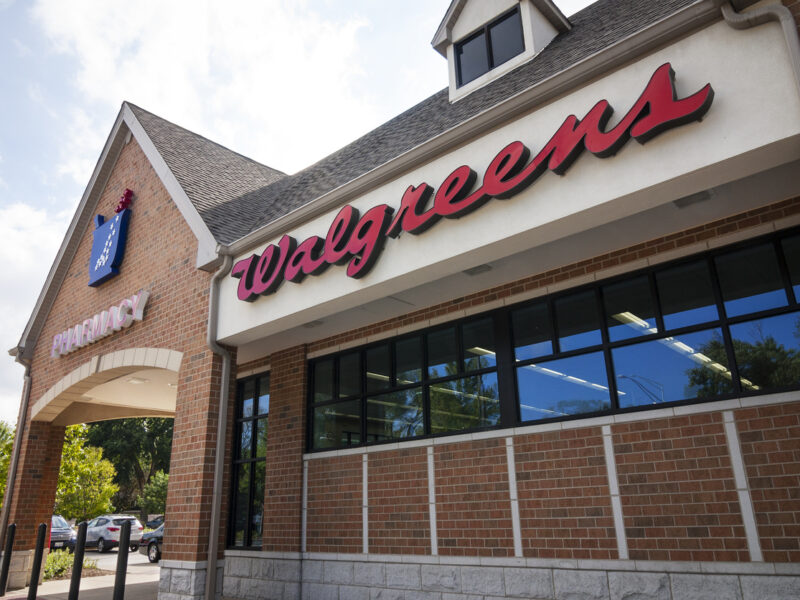In a significant development, Knox County will receive a substantial portion of a $500-million-dollar lawsuit settlement related to the chemical contamination of waterways. The announcement was made by Knox County Mayor Glenn Jacobs’ Office, revealing that the county has been awarded $2 million due to polychlorinated biphenyls (PCBs) chemical contamination in Fort Loudon Reservoir and Lower Clinch Reservoir.
The settlement arises from a class action lawsuit against Monsanto, a company responsible for PCB contamination that occurred decades ago. The settlement will distribute over $500 million to multiple municipalities participating in the Municipal Separate Storm Sewer System (MS4) program, where creek and/or lake sediment has been contaminated.
The funds received by Knox County will be utilized for the protection of local waterways, as well as the mitigation and monitoring of PCBs. To facilitate this, Knox County has established its Stormwater Fund, which will allocate the money towards educational initiatives, monitoring programs, and the implementation of projects aimed at safeguarding local waterways.
Knox County Engineering and Public Works Director Jim Snowden expressed enthusiasm about the opportunities provided by this financial support, stating, “We are excited about the opportunities this money gives us to protect our waterways and our citizens. We were contaminated through no fault of our own but are determined to fix the problem.”
The Monsanto Company, founded in 1901 in Missouri, is an American agrichemical and agricultural biotechnology corporation. The Environmental Protection Agency (EPA) has extensively studied PCBs, which are a group of man-made organic chemicals composed of carbon, hydrogen, and chlorine atoms, falling under the category of chlorinated hydrocarbons. PCBs were manufactured domestically from 1929 until their ban in 1979 under the Toxic Substances Control Act, according to the EPA.
PCBs were widely used in numerous industrial and commercial applications. While production was prohibited in 1979, EPA regulations allowed for inadvertent generation of PCBs in other excluded manufacturing processes. Incidents such as poorly maintained hazardous waste sites, illegal or improper dumping of PCB wastes, leaks or releases from electrical transformers containing PCBs, among others, can still result in the release of PCBs into the environment.
The EPA has identified various health effects of PCB exposure in humans and animals. These effects include cancer, as well as non-cancer impacts on the immune system, reproductive system, nervous system, endocrine system, and more.
With the settlement funds, Knox County aims to address the environmental repercussions of PCB contamination and take proactive measures to protect the health and well-being of its citizens. This financial support represents a crucial step towards remediation efforts, demonstrating the county’s commitment to mitigating the adverse effects of PCBs and preserving the integrity of local waterways.

